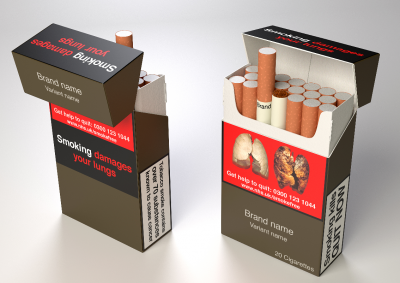- WICKNELL CHIVAYO left school at 15
- DISGRUNTLED Zimbabwe police stage uniform protest.
- MNANGAGWA wife Auxillia drops charges against nine women who boed her in Manicaland
- O.J. Simpson dies of cancer , aged 76.
- South Africa ANC is the cause of ZIMBABWE troubles claims Zimbabwe opposition politician Job Sikhala
Kenya-British American Tobacco (BAT) Tactics To Undermine Tobacco Control Regulation..

Kenya has the highest recorded smoking prevalence in Sub-Saharan Africa, and ten percent of 13-15-year-olds smoke. Since Kenya’s ratification of the Framework Convention on Tobacco Control (FCTC) in 2004, the Ministry of Health has been advocating for legislation that decrease the prevalence of smoking.
Kenya’s efforts to try and introduce tobacco control legislation that regulates the marketing and sale of tobacco products has been resisted by British American Tobacco (BAT) and other tobacco companies, which see Kenya as a key frontier for profit growth. Consequently legislation in the country has repeatedly been thwarted by the tobacco industry.
Kenya’s Tobacco Control Act 2007 took over 13 years to be passed, largely due to what has been labelled by the Kenya Ministry of Public Health and Sanitation as “intimidation” and “interference” from the tobacco industry.[5] The Act tried to introduce regulations that already exist in much of the Western world, such as required text warnings on cigarette packets, designated smoking zones in public places and the prohibition of tobacco advertising, promotion and sponsorship. However, since its creation in 2007, implementation has been difficult.
More recently, Kenyan policymakers have been trying to pass new regulations- which would strengthen the evidence-based framework established by the existing Tobacco Control Act.[8] As of May 2015, the Tobacco Control Regulations 2014 are still awaiting enactment from the Kenyan parliament before being passed into law.
TOBACCO INDUSTRY OPPOSING REGULATIONS
The tobacco industry’s main quarrels with the new regulations remain:
the imposition of a small financial Contribution of 2% of the value of manufactured and imported tobacco products (which would go towards mitigating the health and socio-economic consequences caused by the products the industry sells
SOME TACTICS USED BY THE TOBACCO INDUSTRY TO INTERFERE WITH THE REGULATIONS INCLUDE:
Getting Senior Government Officials to Lobby on Their Behalf.
On February 3rd 2015, the Kenyan Ministry of Health received a letter from the President’s Office requesting a meeting to “come up with a common understanding” on the new regulations and to discuss concerns listed in a briefing passed on from the Ministry of Foreign Affairs and International Trade. This document proposed that the regulations be withdrawn completely or redeveloped in collaboration with stakeholders, of which tobacco companies are highly prominent.
Influencing Policymaking Through Trade Committees and Third Parties
On 20th January 2015, the Technical Barriers to Trade (TBT) Committee in Kenya held a meeting to discuss the draft regulations. The meeting was attended by two staff members of BAT as well as representatives of the Kenya Association of Manufacturers (KAM), of which BAT is a member.
At the meeting, KAM gave a presentation offering the exact same arguments that tobacco companies have used in their correspondence opposing the regulations. The TBT Committee has been utilised by the industry as a key outlet for influencing policy. In March 2012, the Ministry of Trade collaborated directly with the tobacco industry to host a workshop for all stakeholders at a resort spa meant to “build the technical competence…on the trade issues of concern”.
Requesting Information Indirectly Through Seemingly-Independent Parties
In January 2015, the Kenya Ministry of Health received a letter from an individual describing herself only as “a citizen of the Republic of Kenya” requesting all available information and correspondence pertaining to the regulations be handed over. Her contact information was the same as BAT Kenya’s headquarters although she failed to disclose this conflict of interest.
Engaging with Policymakers in Violation of International Treaties
Both BAT and Mastermind Tobacco Kenya (MTK) have, on multiple occasions, directly engaged Parliamentary Committees using what have been described by senior civil servants at the Ministry of Health as “manipulative tactics”[18] declaring their objections to the regulations and requesting meetings in person to discuss alterations.
As a signatory to the FCTC, there is meant to be limited, supervised interaction between the industry and government officials.
Filing a Legal Claim Against the Ministry of Health
On the 14th of April 2015, BAT Kenya filed a petition at the High Court insisting the Tobacco Control Regulations 2014 were “unconstitutional” and requesting that the regulations be dismissed entirely.
For more information on how the industry has used the legal strategy to influence the policy process in other parts of the world, see Legal Strategy. Source-http://www.tobaccotactics.org/
see more at
photo-Plain packs proposed by the UK Government Source: UK Gov website